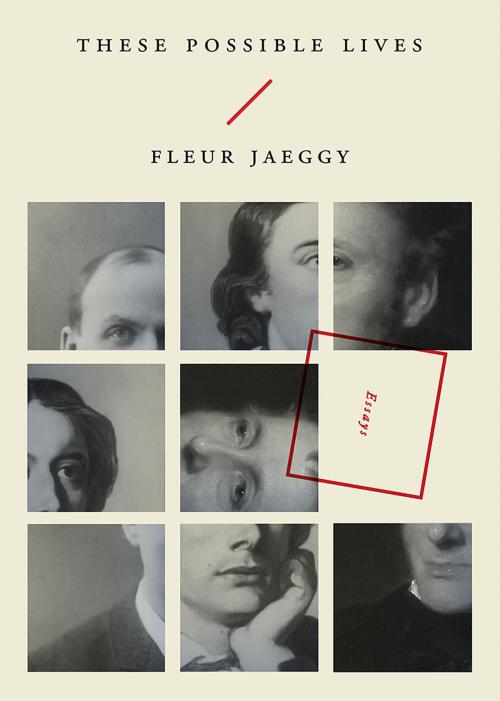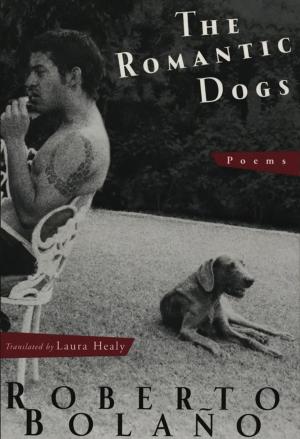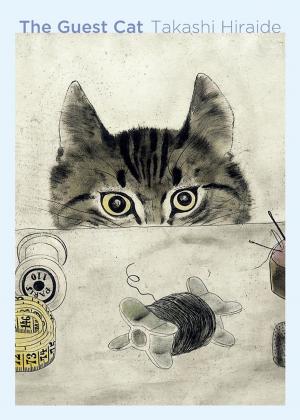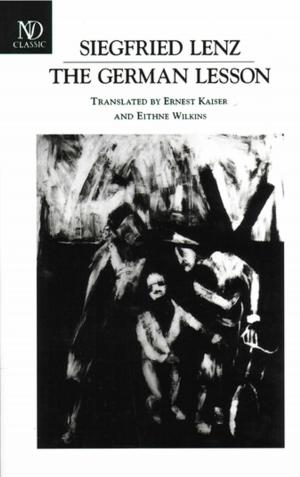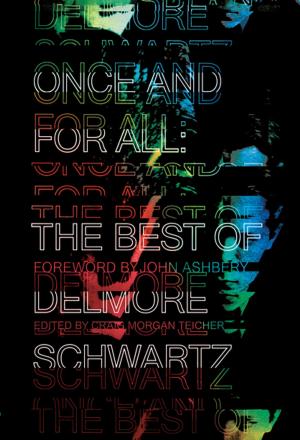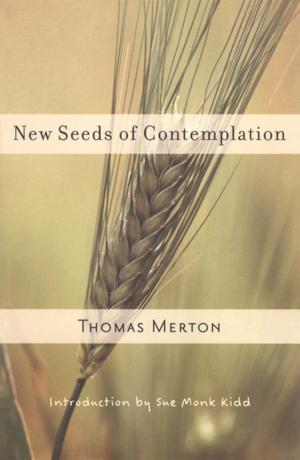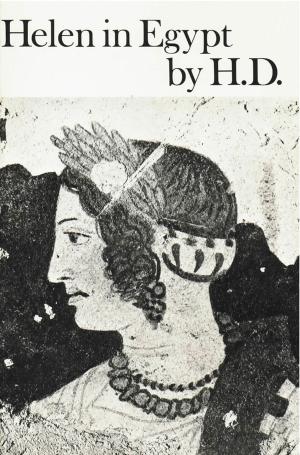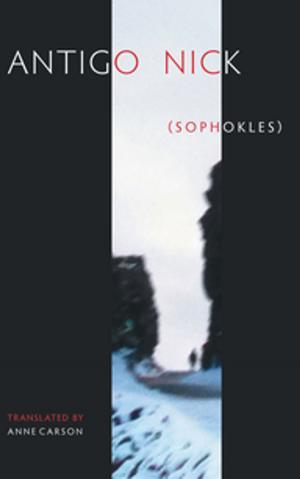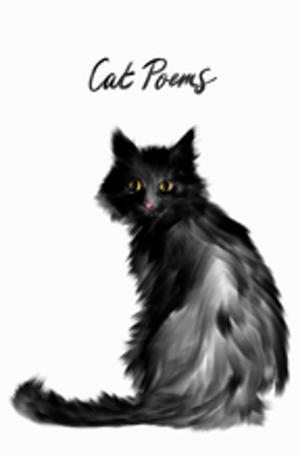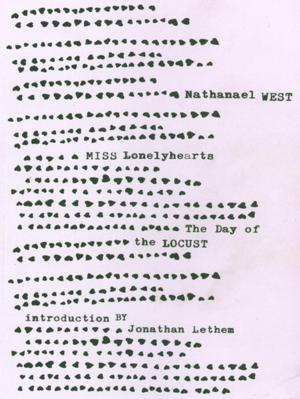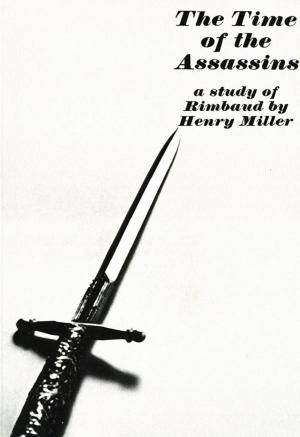These Possible Lives
Biography & Memoir, Literary, Nonfiction, Social & Cultural Studies, Social Science, Fiction & Literature| Author: | Fleur Jaeggy | ISBN: | 9780811226882 |
| Publisher: | New Directions | Publication: | July 25, 2017 |
| Imprint: | New Directions | Language: | English |
| Author: | Fleur Jaeggy |
| ISBN: | 9780811226882 |
| Publisher: | New Directions |
| Publication: | July 25, 2017 |
| Imprint: | New Directions |
| Language: | English |
Brief in the way a razor’s slice is brief, remarkable essays by a peerless stylist
New Directions is proud to present Fleur Jaeggy’s strange and mesmerizing essays about the writers Thomas De Quincey, John Keats, and Marcel Schwob. A renowned stylist of hyper-brevity in fiction, Fleur Jaeggy proves herself an even more concise master of the essay form, albeit in a most peculiar and lapidary poetic vein. Of De Quincey’s early nineteenth-century world we hear of the habits of writers: Charles Lamb “spoke of ‘Lilliputian rabbits’ when eating frog fricassse”; Henry Fuseli “ate a diet of raw meat in order to obtain splendid dreams”; “Hazlitt was perceptive about musculature and boxers”; and “Wordsworth used a buttery knife to cut the pages of a first-edition Burke.” In a book of “blue devils” and night visions, the Keats essay opens: “In 1803, the guillotine was a common child’s toy.” And poor Schwob’s end comes as he feels “like a ‘dog cut open alive’”: “His face colored slightly, turning into a mask of gold. His eyes stayed open imperiously. No one could shut his eyelids. The room smoked of grief.” Fleur Jaeggy’s essays—or are they prose poems?—smoke of necessity: the pages are on fire.
Brief in the way a razor’s slice is brief, remarkable essays by a peerless stylist
New Directions is proud to present Fleur Jaeggy’s strange and mesmerizing essays about the writers Thomas De Quincey, John Keats, and Marcel Schwob. A renowned stylist of hyper-brevity in fiction, Fleur Jaeggy proves herself an even more concise master of the essay form, albeit in a most peculiar and lapidary poetic vein. Of De Quincey’s early nineteenth-century world we hear of the habits of writers: Charles Lamb “spoke of ‘Lilliputian rabbits’ when eating frog fricassse”; Henry Fuseli “ate a diet of raw meat in order to obtain splendid dreams”; “Hazlitt was perceptive about musculature and boxers”; and “Wordsworth used a buttery knife to cut the pages of a first-edition Burke.” In a book of “blue devils” and night visions, the Keats essay opens: “In 1803, the guillotine was a common child’s toy.” And poor Schwob’s end comes as he feels “like a ‘dog cut open alive’”: “His face colored slightly, turning into a mask of gold. His eyes stayed open imperiously. No one could shut his eyelids. The room smoked of grief.” Fleur Jaeggy’s essays—or are they prose poems?—smoke of necessity: the pages are on fire.
